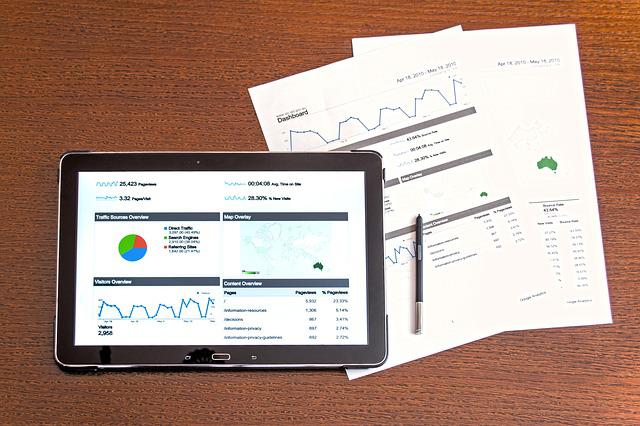
The General Data Protection Regulation (GDPR) is a regulation that requires all organizations in the European Union (EU) to manage, process, and protect the personal data of their customers and clients securely and transparently. In essence, it seeks to put individuals in control of their data.
Compliance with this regulation requires organizations to implement adequate security measures and data privacy practices to ensure they are not liable for data breaches. This includes comparing top data governance tools and configuring data policies.
In this blog post, we will delve into the vital role of data privacy in ensuring GDPR compliance and how businesses can navigate GDPR safely and effectively.
Understanding Data Privacy
Data privacy embodies the individual’s ability to control how their data is used, processed, and shared. It is an essential component of data management that helps to protect an individual’s information.
GDPR requires organizations to respect and uphold data privacy rights. For businesses to comply, they must understand the type of data they collect, why they collect it, and how it is processed and secured.
Importance of Data Protection Impact Assessments (DPIAs)
DPIAs are essential as they enable organizations to identify any potential risks to personal data and evaluate their potential impact. GDPR requires organizations to conduct DPIAs when processing high-risk personal data.
Companies must conduct a comprehensive and regular data risk assessment and build security procedures and protocols to detect and respond to data breaches.
Importance of Consent
Under GDPR, a fundamental requirement is obtaining free and explicit consent from individuals to process their personal information. The consent must be based on informed consent, enabling users to understand what data is being collected and for what purposes.
This puts an onus on companies to provide clear and concise information about their data collection processes and obtain consent before proceeding.
Data Record of Processing Activities (RoPA)
GDPR requires organizations to maintain a record of all data processing activities. This includes details of the data collected, used, and accessed by third parties.
By monitoring all data processing activity, companies can ensure effective data handling and that personal data is processed legally and transparently. This is easily done through proper data governance.
Data Breach Notification
Organizations must notify their customers or clients of any data breaches that occur without undue delay. This is especially true if the breach risks individuals’ rights or freedoms.
Prompt notification can help minimize the damage from a breach, restore customer confidence, and restore compliance. Specific data governance tools may have this function available.
Impact of Data Protection on GDPR Compliance
Companies need to prioritize data protection to comply with GDPR. Data protection measures are essential in safeguarding personal information and ensuring compliance.
Failing to secure customer data can attract stiff penalties, reputational damage, and legal action. A comprehensive data protection plan can help companies implement the necessary measures to comply with GDPR and keep customer data safe.
Enhanced Customer Trust and Reputation
Complying with GDPR not only helps to enhance customer trust but also protects an organization’s reputation. Following data privacy regulations shows that a company is serious about its customer’s privacy rights, leading to a positive image.
Customers are more likely to do business with organizations prioritizing data privacy, increasing business opportunities, and broader customer outreach.
Appointment of a Data Protection Officer (DPO)
GDPR requires the appointment of a DPO, whose key role is to oversee data protection and privacy within an organization. A DPO is responsible for implementing procedures, providing training, and monitoring the progress of data compliance with GDPR.
This ensures the organization remains vigilant for possible vulnerable areas resulting in data breaches.
Final Thoughts
As businesses collect and process increasing amounts of personal data, there is a growing need for data privacy and protection. GDPR compliance requires companies to ensure that they are putting data privacy at the forefront of their activities.
By maintaining diligent records of all data processing, carrying out DPIAs, having adequate breach notifications, and appointing a DPO, organizations can actively create stringent data privacy programs that promote compliance with GDPR. GDPR compliance might look arduous, but it promotes a safer online environment while providing customers transparency and trust.
It is in the best interest of businesses to prioritize data privacy and take an active role in GDPR compliance for healthy customer relationships and long-term success.





